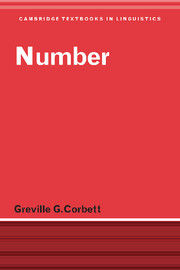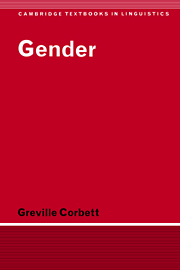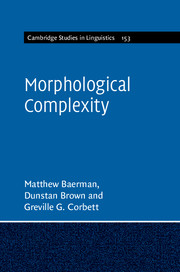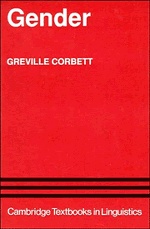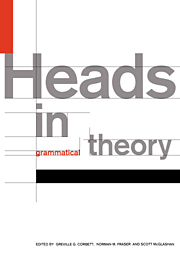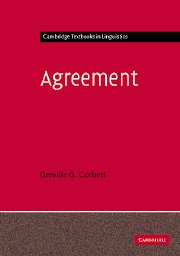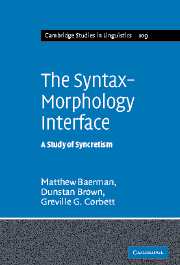Number
Number is the most underestimated of the grammatical categories. It is deceptively simple yet distinctions in number (as in cat versus cats ) vary considerably from language to language. Some languages, for instance, make more distinctions than English, having three, four or even five different values. This book draws on examples from many languages to analyze the possibilities and reveals that the world's linguistic resources are richer than even many linguists realize. It is intended for linguistic students and teachers and is an ideal entry to linguistic typology.
- Provides an introduction to the grammatical category of number revealing that the world's languages are richer than even many linguists realise
- Surveys a large number of languages
- Each chapter illustrates a particular typological point, so the book can be used as an entry to typology
Reviews & endorsements
"[A]n exemplary treatment of a linguistic category...well-organized and clearly written. [A]n excellent guide for any student of linguistics and a comprehensive handbook of encyclopedic character for professional linguists." Leonid Kulikov, University of Nijmegen, Southwest Journal of Linguistics
"This book is another magnum opus by Corbett, to add to his earlier books on agreement and gender. It develops arguments from these works, while also breaking completely new ground. Number will be of great interest to all linguists, and also those from outside the field. Corbett is to be congratulated...and his next magnum opus will be awaited with eager anticipation." Canadian Slavonic Papers
"The standard not only for other textbooks in linguistics but also for all works dealing with a grammatical category." General Linguistics
Product details
January 2001Hardback
9780521640169
380 pages
229 × 152 × 22 mm
0.68kg
92 tables
Available
Table of Contents
- Introduction
- 1. Introduction
- 2. Meaning distinctions
- 3. Items involved in the Nominal Number System
- 4. Integrating number values and the Animacy Hierarchy
- 5. The expression of number
- 6. The syntax of number
- 7. Other uses of number
- 8. Verbal number
- 9. Conclusion and new challenges.

